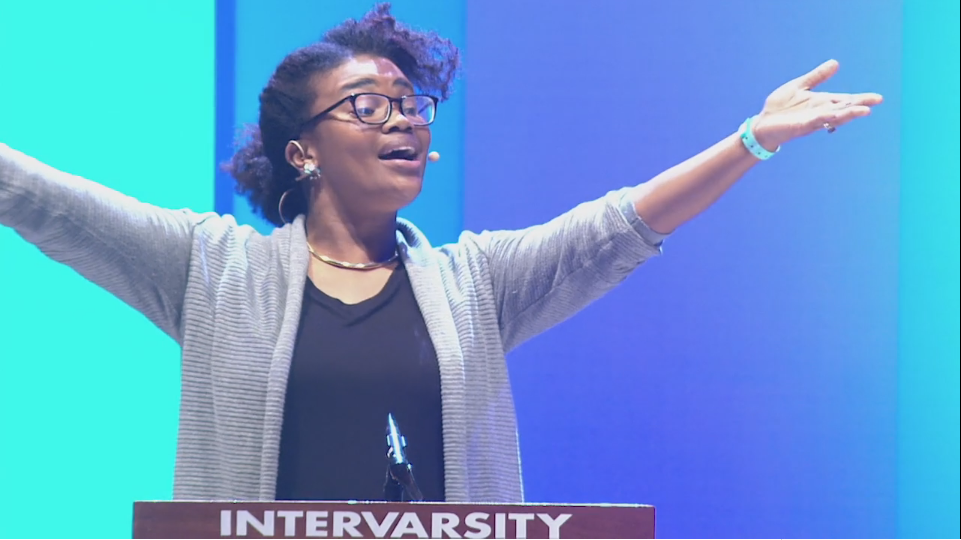Over the holiday break a small storm in the evangelical blogosphere broke out over Intervarsity’s recent endorsement of Black Lives Matter at their annual Urbana event. Most notably, many commented on the speech given by Michelle Higgins, director of Faith for Justice and a worship leader at South City Church in St Louis. (I suppose I should mention at this point that three of my closest friends attend South City and I’ve been there for worship once and was richly blessed by both Michelle’s work leading worship and by the sermon given by her father, who is also the senior pastor at the church.)
You can see Michelle’s speech below the jump:
Login to read more
Sign in or create a free account to access Subscriber-only content.
Topics:
